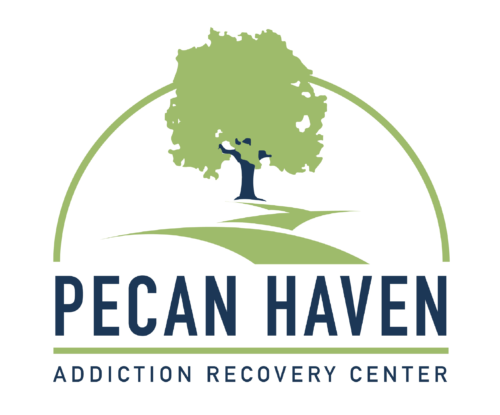For most of us, life can be pretty stressful. Trying to maintain healthy relationships and an active social life, plus a career (or multiple jobs), plus caring for a family– it can all add up very quickly, leaving us overwhelmed and exhausted.
How does stress affect the body?
Stress affects our whole bodies, not just our minds.
In fact, stress can lead to a wide variety of physical problems and diseases. These can include nausea and other digestive problems, heart disease, muscle issues and pain, or high blood pressure. The mental effects of stress are no joke, either; stress can cause insomnia, depression, heightened anxiety, and more.
Excessive stress that isn’t properly dealt with can increase your risk of diabetes, gastrointestinal problems, headaches, and even Alzheimer’s disease.
There are three key areas of the brain affected by stress: dopamine receptors, serotonin production, and the release of melatonin.
How does stress affect people who are struggling with addiction?
Much of the time, people who struggle with substance abuse or addiction are using substances to cope with the parts of their lives that they find difficult or unbearable.
Often, stress falls under this category. Stress itself is actually a risk factor for developing problems with addiction, and this risk factor only increases if the stress is long-term or chronic.
Chronic stress negatively impacts the brain, causing anxiety– and substance abuse frequently occurs when people are struggling to cope with the anxiety and stress they encounter in their daily lives.
Because people struggling with addiction already deal with impacted levels of dopamine in their brains, and stress affects dopamine levels in the brain, people who are struggling with addiction and dealing with stress are more likely to engage in addictive behaviors.
How can I manage stress in a healthy way?
While stress itself is often a fact of life– especially for those with fast-paced jobs or very busy schedules– it’s imperative to learn how to properly manage the stress in your life.
This is particularly true if you are struggling with addiction or seeking recovery. Theoretically, if life were perfectly easy and stress-free, seeking recovery wouldn’t be too difficult. Unfortunately, the stress of our daily lives is often unavoidable.
While using substances may have functioned as a coping mechanism in the past, at least for a little while, there are many healthier methods of handling stress that you can adopt in your daily life going forward.
To prepare yourself to handle stress effectively, focus on your physical and mental wellbeing. This includes taking time to breathe deeply, stretch, or meditate, and focusing on nourishing yourself with healthy meals that include the vitamins and nutrients your body needs to function.
Try to get some exercise or focus on some kind of movement on a regular basis, and try your best to maintain a healthy sleep schedule.
While many of the above coping mechanisms may seem like common sense, you might be surprised how much better you feel by simply adopting one of them and working toward a goal, like getting 8 hours of sleep a night or meditating every day.
What if I’m unable to handle the stress in my life?
If managing stress on your own doesn’t seem doable, you’re not alone. Using substances to cope with the difficulties of daily life doesn’t make you a failure or a bad person: you simply need to learn some different coping mechanisms that allow you to be healthy enough to enjoy your life.
At Pecan Haven, treating addiction in order to heal families is what we do. If you’re ready to get some help, please give us a call or fill out our online assessment to get started. Remember, it only gets better from here.
